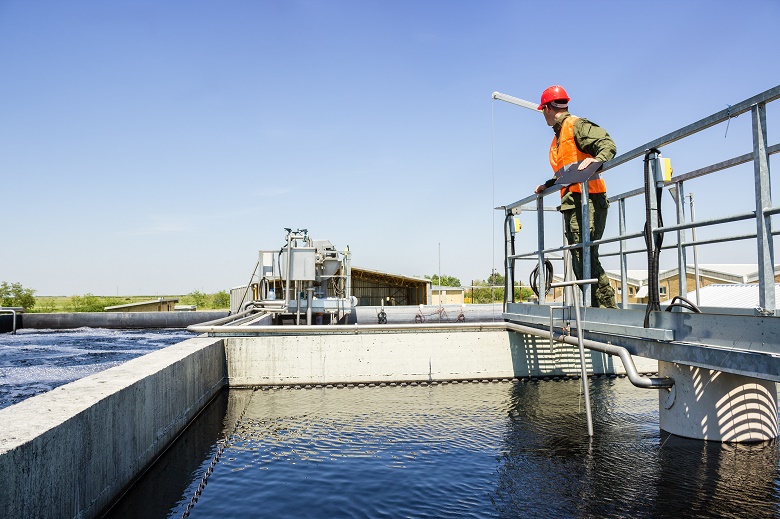
Industry and researchers will explore new ways to recycle wastewater through the use of smart technologies at a new centre.
More of Perth’s water supply could soon come from treated wastewater as part of a new innovation hub launched this week to tackle the state’s water shortage.
The city already derives almost half its water through desalination and groundwater replenishment, since Western Australia in 2016 became the first state to use recycled wastewater as drinking water in response to its profound climate-induced water shortage.
But there are new efforts to further increase the state’s water supply by exploring new ways to recycle wastewater through the use of smart technologies.
An Innovation hub launched this week as part of a Water Research and Innovation Precinct at the Subiaco Wastewater Plant will bring together industry, universities and research partners to test new technologies.
Currently 164 billion litres of wastewater is collected annually from Perth homes and businesses and treated at plants across the state.
State Water Minister David Kelly said that given wastewater is 99 per cent water, as it mostly comes from showers, baths and sinks, the potential to develop recycling options for this resource are just beginning to be explored.
“Making the most of our treated wastewater through recycling is vitally important as we continue to feel the impact of climate change,” he said.
The State Government’s explorations of the potential uses of recycled wastewater “are just beginning,” Mr Kelly said.
The government is calling on industry and technology providers to submit proposals to the innovation hub.
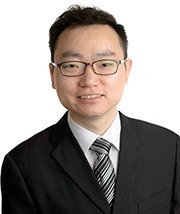
Dr Qianhong She, an expert in wastewater management at the University of Sydney, told Government News that technological innovation is very important to ensuring the sustainable management of wastewater in Australia.
“To address the issues of water scarcity in Australia, wastewater recycling is one of the most sustainable ways in addition to seawater desalination,” he said.
Innovative technologies are particularly important in ensuring that wastewater, if converted into drinking water, is completely rid of pollutants, he said.
“For wastewater recycling, the removal of trace pollutants is also very important, since the trace pollutants are difficult to remove using conventional technologies and will cause significant health problems.”
But given the high costs of wastewater recycling, it’s essential that the government ensure the pricing of suppliers is competitive.
“Wastewater recycling will further increase the cost for wastewater treatment to reach a higher product water quality. So some important aspects for the government to think about when consulting with technology providers are the cost, maximum water recovery and footprint, in addition to the product water quality,” Dr She said.

Dr Stuart Khan, a professor of civil and environmental engineering at the University of NSW, said that major developments in potable reuse internationally have highlighted the opportunities to provide extremely high quality drinking water, with potentially reduced energy cost and carbon footprint, compared to seawater desalination.
“Innovative approaches to water recycling offer the opportunity to keep costs down for customers and mitigate climate change impacts at the same time,” Dr Khan told Government News.
He said that the same attention to future water supply planning was required in Australia’s other capital cities.
“All state governments should be as focused as the Western Australia Government on developing the water supply solutions of the future: those which can provide reliable safe drinking water at low cost and low carbon footprint,” he said.
Dr Khan has previously told Government News that most states and territories struggle to adequately manage wastewater systems and called for national reform of a broken system.
Last month a Victorian audit flagged concerns over the management of wastewater by councils, prompting a call for nationwide reform of systems.
Comment below to have your say on this story.
If you have a news story or tip-off, get in touch at editorial@governmentnews.com.au.
Sign up to the Government News newsletter.
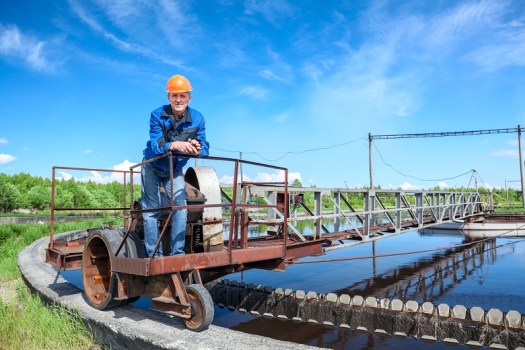
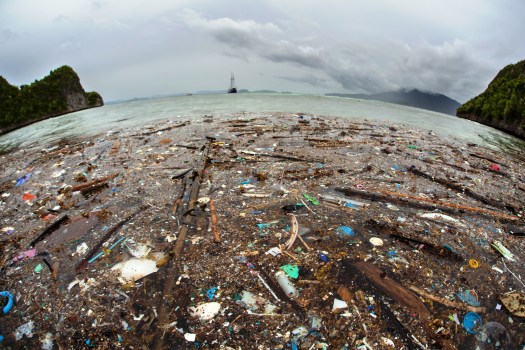
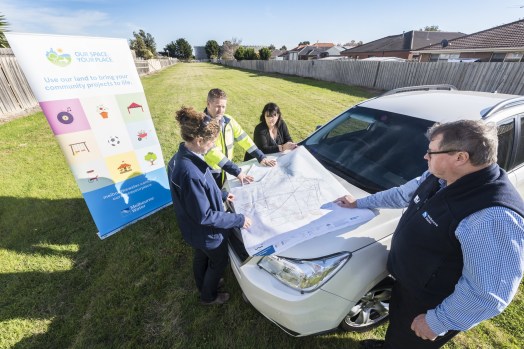
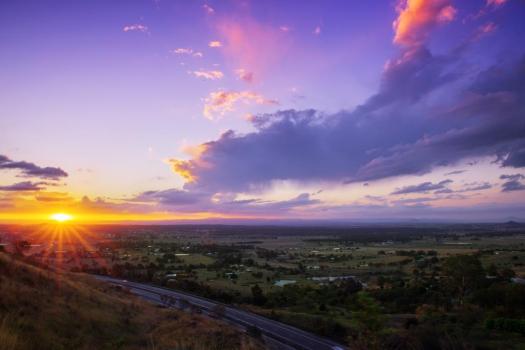
Wastewater recycling does not need to be to a high quality drinking water quality level. Reuse can be at a lower energy, lower footprint and lower cost if reused in agricultural/primary industry settings where the health risks are lower but the need is still great.